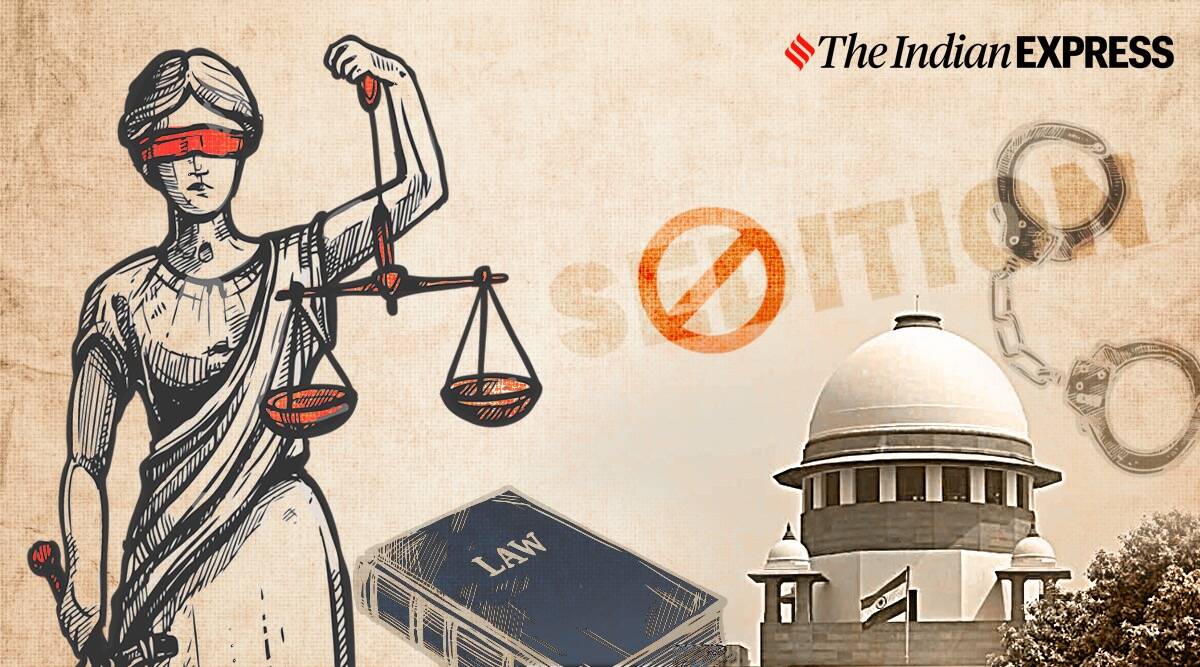Live Classes

Till the time safeguards are built to prevent misapplication of the UAPA, or even laws like the National Security Act, the law of sedition will keep rearing its head under different names despite the Court's orders.
In a batch of petitions challenging the law of sedition, contained in section 124A of the Indian Penal Code (IPC), the Supreme Court on Wednesday issued a slew of interim directions. Things came to a head because the central government, instead of defending the constitutionality of the provision, proposed to reconsider the law purportedly because the prime minister wanted it to be reviewed in the spirit of “Azaadi ka Amrit Mahotsav”. Just to provide more context, the Court had first heard the petitions in July 2021 where the principal line of challenge was that the earlier judgment of the Supreme Court in Kedar Nath vs. State of Bihar (1962) which had upheld the validity of section 124A IPC was not good law anymore. The central government was asked to file its response to the petitions it failed to do so by the time the matters were taken up in April 2022. The Court granted it time till May 5, but the government sought additional time again. Notably, on this date, the Attorney General of India differed from the stand of the central government (which was being represented by the Solicitor General) and stated that while the law was constitutional, it would be necessary to lay down guidelines to prevent misuse of the law. The central government on the other hand orally argued that the law was fine as it is. The Court granted the central government time till May 10 to file its response, failing which it intended to decide the question of whether there was a requirement to refer the challenge to a seven-judge bench. Instead, the central government filed an affidavit stating that it will reconsider the law and requested that the challenge proceedings be kept in abeyance. It appears that the Court’s oral observations in the matter, where it disapproved of the misuse of the law, had a bearing on the government’s decision. The petitioners took objection to this approach mainly because such a proposal didn’t factor in pending cases and continued misuse of the provision while the law would be under the government’s reconsideration.
Download pdf to Read More